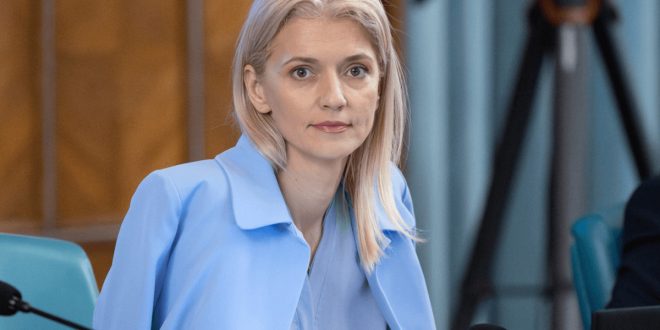Romania is set to implement a new strategy to address and reduce addiction harms across its administrative regions.
President Klaus Iohannis signed a decree co-authored by Romania’s Ministries of Health and Justice to establish eight ‘regional centers for the treatment of addictions.’
This initiative will see Romania adopt a comprehensive approach to combat, minimize, and research addiction harms across its eight administrative regions.
The new strategy aims to rectify current inadequacies in treating drug, alcohol, and gambling addictions, particularly among those under 25.
Justice Minister Alina Gorghiu endorsed the project, highlighting that the existing framework left Romanians vulnerable, as treatment options were largely provided by private clinics and NGOs.
Gorghiu stated, “I’m glad that the party I belong to, PNL, initiated this law because in Romania the state could not properly treat these big problems that are especially among the young generation.”
The Ministry of Justice will oversee the project, ensuring that the government prioritizes funding and construction of the regional addiction centers, though no specific timeline has been provided.
Regional MPs and mayors have expressed increasing concerns about gambling addiction, with over 25,000 gambling venues operating in the country.
In April, Prime Minister Marcel Ciolacu issued an executive order to ban “gambling localities in towns with less than 15,000 registered inhabitants.”
However, the Supreme Court of Cassation ruled that PM Ciolacu must implement his executive order as a federal law requiring a constitutional review.
Romania’s licensed operators are currently adjusting to new tax rates on gambling winnings: 3% on winnings up to 10,000 lei (€2,000), a fixed tax plus 20% on winnings between 10,001 and 66,750 lei, and a fixed tax plus 40% on winnings over 66,750 lei (€13,350).
Despite the concerns about gambling addiction, Romania’s government has not funded a census on the issue since 2015, leaving authorities uninformed about the exact extent of the problem.
Don’t forget to subscribe to our Telegram channel!










